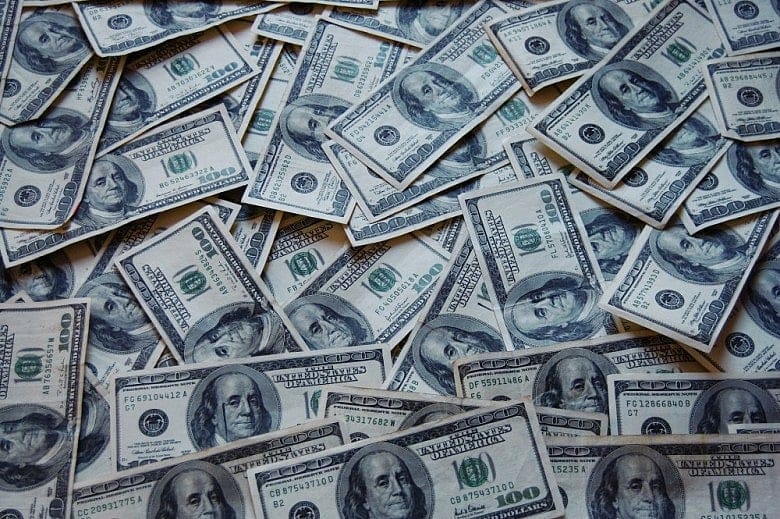Millionaire tax ballot measure may revive old reputation

BOSTON – If a coalition of labor unions and liberal activists have their way, Massachusetts soon may regain its old nickname: Taxachusetts.
Last week, sponsors of a proposed ballot question that seeks to impose a surtax on the Bay State's highest income earners submitted more than the required 64,750 certified voter signatures to Massachusetts Secretary of State Bill Galvin. Once verified, Galvin will pass the proposal on to the clerk of the House of Representatives for further action. Ultimately, if it clears all hurdles, the initiative it could become law in the final months of 2018, affecting 2019 incomes.

